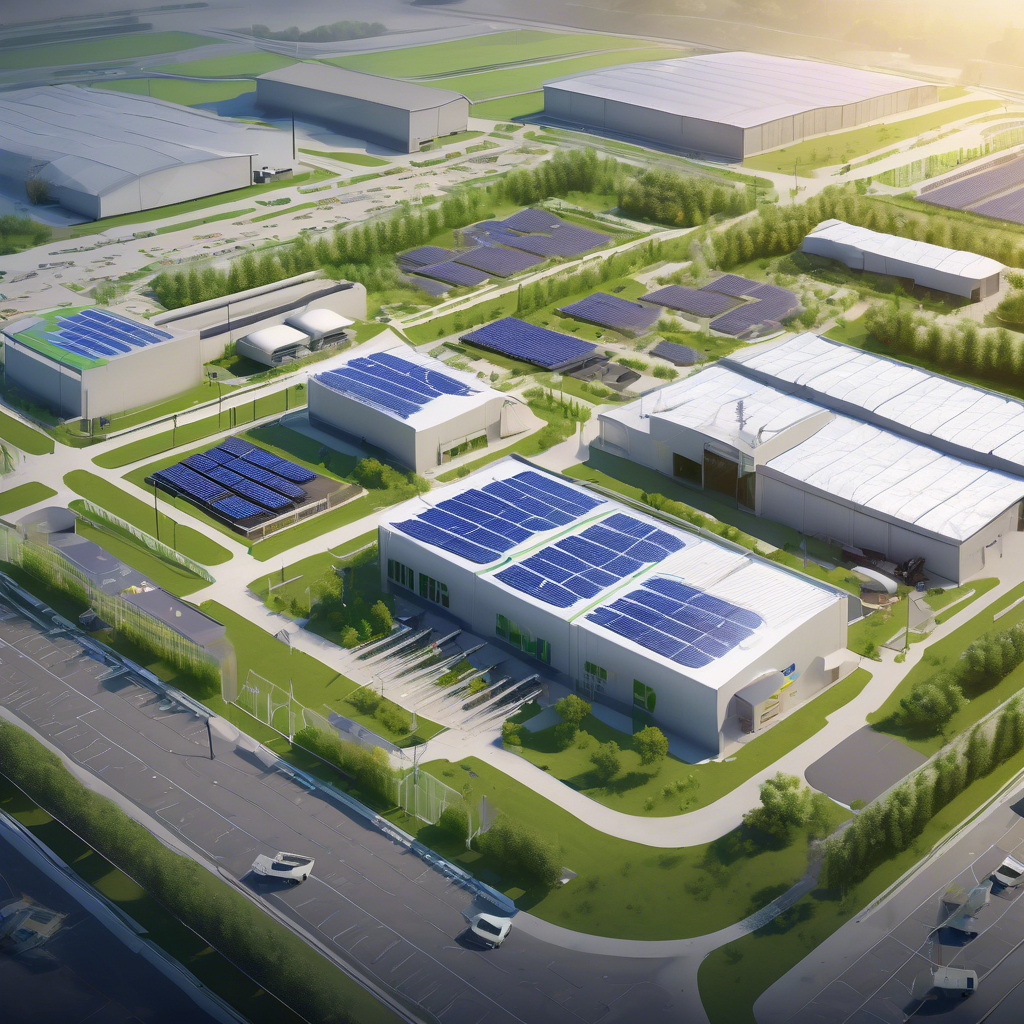Sustainable Blockchain: Reducing Environmental Impact Through Energy-Efficient Solutions

As blockchain technology rapidly advances, its environmental impact has become a growing global concern. Blockchain—the decentralized ledger system supporting cryptocurrencies and various digital applications—depends heavily on complex computational processes for mining and transaction verification. These require significant energy, often derived from non-renewable sources, raising awareness about the ecological footprint of blockchain operations. The energy consumption linked to blockchain mining and transactions has sparked extensive debate among experts, environmentalists, and industry stakeholders. Mining cryptocurrencies like Bitcoin involves solving intricate cryptographic puzzles through a process called proof-of-work, demanding vast computational power and consequently, enormous electrical energy. With blockchain’s rising popularity and adoption, the total energy required similarly escalates, heightening worries about sustainability and broader environmental effects. In response, the blockchain community and researchers are exploring more sustainable practices and energy-efficient consensus mechanisms. Consensus mechanisms are protocols that enable network participants to agree on transaction validity and blockchain state. While traditional proof-of-work systems are secure and reliable, they are energy-intensive.
Alternative mechanisms such as proof-of-stake, delegated proof-of-stake, and practical Byzantine fault tolerance significantly reduce power consumption by changing how consensus is reached without sacrificing security. Additionally, efforts are being made to promote renewable energy use in blockchain mining operations. Initiatives encourage solar, wind, and hydroelectric power to lessen mining’s carbon footprint. Innovations like off-grid mining and energy recycling methods are also being investigated to improve efficiency and mitigate environmental harm. Stakeholders—including developers, investors, policymakers, and environmental groups—are advocating solutions that balance technological innovation with environmental responsibility. Regulatory bodies are beginning to develop frameworks that incentivize sustainable blockchain practices and encourage transparency in energy consumption and carbon emissions within the industry. Public awareness is also on the rise, with consumers paying closer attention to the environmental impact of the technologies they support. This has driven demand for greener blockchain products and services, motivating companies to adopt eco-friendly methods and openly communicate their sustainability commitments. Looking forward, the development of blockchain technology points to a promising integration of innovation and environmental consciousness. By focusing on advancing energy-efficient consensus mechanisms, harnessing renewable energy, and implementing comprehensive regulatory measures, the blockchain industry can help build a more sustainable digital future. Striking a balance between technological progress and ecological stewardship remains a significant challenge, yet one that presents ample opportunities for collaboration and positive change in the coming years.
Brief news summary
Blockchain technology’s rapid growth has raised environmental concerns due to the high electricity consumption of proof-of-work mechanisms like Bitcoin’s, often relying on non-renewable energy and causing sustainability issues. To address this, the community is shifting toward energy-efficient consensus methods such as proof-of-stake, delegated proof-of-stake, and practical Byzantine fault tolerance, which lower power use without sacrificing security. Efforts also focus on integrating renewable energy sources—solar, wind, hydro—and innovations like off-grid mining and energy recycling to reduce environmental impact. Collaboration among developers, investors, policymakers, and environmental advocates supports solutions that align technological advancement with ecological responsibility. Emerging regulations promote transparency and sustainability, while growing consumer demand for green blockchain products drives eco-friendly progress. Emphasizing energy efficiency, renewable integration, and enabling policy frameworks is essential for creating a sustainable blockchain ecosystem that balances innovation with environmental care.
AI-powered Lead Generation in Social Media
and Search Engines
Let AI take control and automatically generate leads for you!

I'm your Content Manager, ready to handle your first test assignment
Learn how AI can help your business.
Let’s talk!

Blockchain's Role in Supply Chain Sustainability …
In recent years, the global focus on sustainability and ethical business practices has profoundly transformed company operations, especially in supply chain management.

4 goals to target when building AI skills
After realizing the high costs of hiring external AI experts, some CIOs have devised methods to cultivate AI skills internally—not only within IT but throughout the entire organization.

CFTC’s Summer Mersinger to take helm of Blockchai…
Commodity Futures Trading Commission (CFTC) commissioner Summer Mersinger is set to become the new CEO of the Blockchain Association.

JPMorgan bridges blockchain and traditional finan…
JPMorgan has successfully completed a pioneering pilot transaction that bridges traditional finance and blockchain technology through collaboration with Ondo Finance and Chainlink.

Software engineer lost his $150K-a-year job to AI…
Anthropic CEO Dario Amodei predicts that AI will handle all coding tasks by next year, but this is causing an existential crisis for some software engineers.

JPMorgan’s Kinexys Connects With Public Blockchai…
JPMorgan (JPM) made its initial foray onto a public blockchain network via its Kinexys Digital Payments platform by settling a tokenized U.S. Treasury transaction on Ondo Chain’s testnet.

Marc Benioff Discusses AI's Transformative Impact…
Marc Benioff, CEO of Salesforce and co-owner of Time magazine, recently shared his views on artificial intelligence's (AI) transformative influence on business, society, and global politics in an interview with the Financial Times.

 Auto-Filling SEO Website as a Gift
Auto-Filling SEO Website as a Gift








 Auto-Filling SEO Website as a Gift
Auto-Filling SEO Website as a Gift

